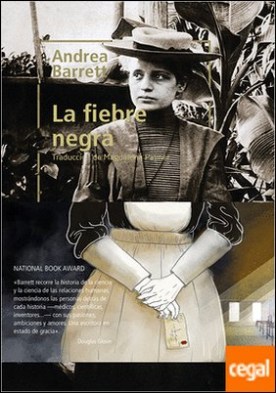

VVG: So we often end our interviews by asking for a little bit of a forecast. I’m trying to imagine how people will even consider facts in ten years.ĪB: Okay. It’s far from accurate, it’s as written as anything else, and it’s useful to think about that, especially now when we have that amazing phrase ‘false facts’ floating around the atmosphere. And every minute we’re making decisions about what to leave out, what to put in, what to emphasize, when to combine two scenes into one for economy and grace. But history is written too, just like fiction. Because often our tendency as a naive reader of history is to think well, that’s what happened. I’m trying to make apparent for the reader, to make the reader question a little, how history does get made. WT: You’re commenting on the way that it sometimes happens.ĪB: Yeah, exactly. I feel like first of all, I’m not distorting history, I hope. So what happens, Izzy and Vic are both fictional characters-so, when I have a third character, I combine the lives of those two into one. But I will do the smaller deceits, which is to combine two people into one, especially if there’s no other record of them besides the one I’m making. I won’t change a date that I know to have been recorded when something happened, I won’t put a person in a city where I know that she wasn’t for some reason on that day. People who work with history in their fiction lie at any place along the continuum between ‘I will change whatever I feel like because it’s my prerogative’ and ‘I will change nothing, because I want to be true to what I know to be to the facts.’ And I’m way towards the second part of that. Ganeshananthan: The way that stories are altered over time and the effect that time has on memory seems to be one of the issues that you’re wrestling with in all of these stories, not just this one, and over and over, people-and alongside the people in the stories, your readers-discover surprising facts about people that they love or facts that seem like facts but weren’t.ĪB: Yeah, you know, I love history, I read a lot of history.


This podcast is produced by Anne Kniggendorf. Subscribe and download the episode, wherever you get your podcasts!Ĭheck out video excerpts from our interviews at LitHub’s Virtual Book Channel, Fiction/Non/Fiction’s YouTube Channel, and our website. She also reads from Natural History and explains some of its connections to her previous work. Barrett explains her approach to writing about women studying science in the 19th century, reflects on the layers of intimacy in letters, and considers if online exchanges will make archives of correspondence obsolete. Ganeshananthan and Whitney Terrell to discuss her new collection of short stories, Natural History. Critically acclaimed fiction writer Andrea Barrett joins Fiction/Non/Fiction hosts V.V.


 0 kommentar(er)
0 kommentar(er)
